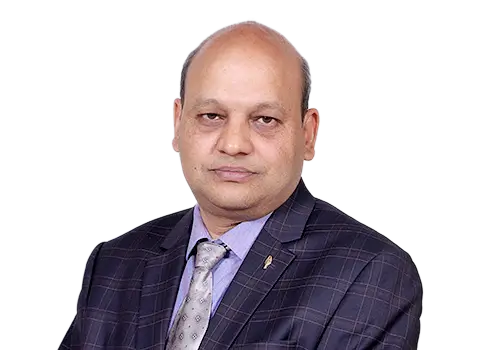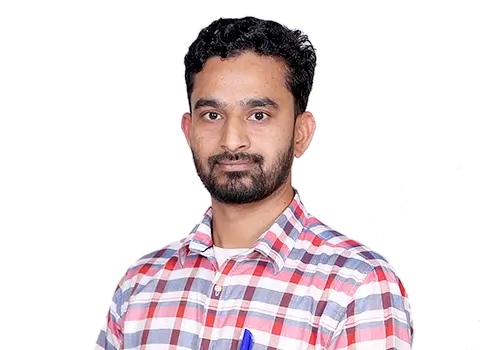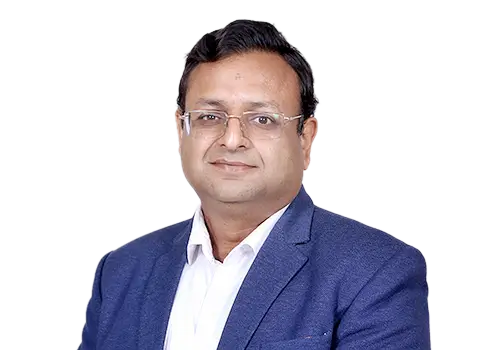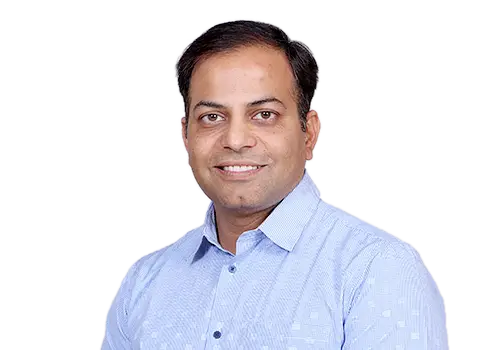- Home
- Academics
- School of Advanced Engineering
- Department of Energy Engineering
Department Of Energy Engineering
About the Department
The Energy Cluster sets out to fortify the core engineering principles of every learner in such a way that their application to complex scenarios is a seamless one. The Energy cluster offers three undergraduate (NBA accredited) and four postgraduate degrees. B. Tech Applied Petroleum Engineering was established in 2003 as a program dedicated to meeting industry requirements. M.Tech in Petroleum Engineering was established in 2007. B.Tech in Chemical Engineering and an M.Tech in Chemical Engineering started in the year 2009. B.Sc. Geology and M.Sc. Petroleum Geoscience programs started in 2020. M.Tech Renewable Energy was launched in 2023.
The extensive curriculum includes a curated mix of seminars, projects, internships, and research-based learning, the focus of which is on clean energy, SDGs, unconventional hydrocarbon resources, etc. This 360-degree approach to learning ensures that students are fully ready and competent to face the demands of the dynamic industry and its needs. The curriculum is built to include courses like Data Analytics, Digitization, Automation of process, AI/ML, etc., which will fortify the students’ skillset, a crucial need for the next decade in the industry
Overview
To be internationally recognized as a pathbreaking, centre-of-excellence cluster in Energy and related studies. To establish a culture of academic excellence, path-breaking research, and outstanding student outcomes.
- Develop world-class energy professionals by actively collaborating with the oil and gas, petrochemical, chemical, renewable, and mining industry.
- Establish ethical thinking, and professional behaviour with a holistic thought process and excel professionally, and personally.
- Create an environment conducive to pathbreaking research and cutting-edge innovations in energy technologies.
- Institutionalise to inculcate the highest standards of professional practices in the cluster to be a global center of academic excellence.
- Be seen as a solutions provider for sustainable and affordable energy solutions leading to an enhanced value chain for the greater societal good.
- Engineering knowledge:
Apply the knowledge of mathematics, science, engineering fundamentals, and an engineering specialization to the solution of complex engineering problems. - Problem analysis:
Identify, formulate, review research literature, and analyze complex engineering problems reaching substantiated conclusions using the first principles of mathematics, natural sciences, and engineering sciences. - Design/development of solutions:
Design solutions for complex engineering problems and design system components or processes that meet the specified needs with appropriate consideration for public health and safety, and cultural, societal, and environmental considerations. - Conduct investigations of complex problems:
Use research-based knowledge and research methods including design of experiments, analysis and interpretation of data, and synthesis of the information to provide valid conclusions. - Modern tool usage:
Create, select, and apply appropriate techniques, resources, and modern engineering and IT tools including prediction and modeling to complex engineering activities with an understanding of the limitations. - The engineer and society:
Apply reasoning informed by the contextual knowledge to assess societal, health, safety, legal and cultural issues and the consequent responsibilities relevant to the professional engineering practice. - Environment and sustainability:
Understand the impact of professional engineering solutions in societal and environmental contexts, demonstrate the knowledge of, and need for sustainable development. - Ethics:
Apply ethical principles and commit to professional ethics, responsibilities, and norms of the engineering practice. - Individual and Teamwork:
Function effectively as an individual, and as a member or leader in diverse teams, and in multidisciplinary settings. - Communication:
Communicate effectively on complex engineering activities with the engineering community and with society, such as being able to comprehend and write effective reports and design documentation, make effective presentations, and give and receive clear instructions. - Project management and finance:
Demonstrate knowledge and understanding of the engineering and management principles and apply these to one’s own work, as a member and leader in a team, to manage projects and in multidisciplinary environments. - Life-long learning:
Recognize the need for and have the preparation and ability to engage in independent and life-long learning in the broadest context of technological change.
The Cluster has carried out 14 funded research projects worth INR 18.5 crore funded by MNRE, DST and IOCL (R&D) involving renewable and non-renewable energy sectors. The cluster has:
- Rig-zone hosting various drilling and service well equipment.
- A rock museum housing a variety of major sedimentary, igneous, and metamorphic rocks.
Undergraduate Labs
- Fluid Mechanics
- Chemical Reaction Engineering
- Heat Transfer
- Mass Transfer
- Particulate Technology
- Petroleum Product Testing
- Instrumentation and Control
- Drilling Fluid and Cementation
- Reservoir and Production
- Mass Transfer Lab
- Process Dynamics, Instrumentation and Control Lab
- Geology and Geophysics lab
- Mining, rock mechanics, and mine ventilation laboratory
Software
- Halliburton Landmark*
- PETREL*
- ECLIPSE*
- PIPE SIM*
- CMG*
- ASPEN PLUS (V8+)
- ProSimulator (2017)
- SIMSCI PIPE PHASE
- PAN Systems
- PROSPER
- COMSOL
- MATLAB
*Industry-endowed software
Equipment
- High-pressure fixed bed plug flow reactor
- High-pressure batch reactor
- Volume displacement studies apparatus
- Dissolution kinetics studies apparatus
- Corrosion studies apparatus
- Muffle furnace with digital temperature controller-cum-indicator
- Air oven with digital temperature controller-cum-indicator
- Magnetic stirrer cum hot plate with digital controller
- Mechanical shaker
A few ongoing research projects
- Hydrothermal liquefaction of sewage sludge to bio-oil
- Volume displacement studies in sandstone and microfluidic devices using surfactant polymer slugs
- Synthesis of ceramic membranes for oil-water emulsion separation
- Development of reusable adsorbents for treating effluents of dyeing units
- Designing of twin screw reactor for catalytic pyrolysis of biomass
- Conversion of biomass-derived syngas to dimethyl ether, a substitute for LPG and diesel.
Programs
Faculty
FAQs about Energy Department (Chemical Engineering and Petroleum Engineering & Earth Sciences)
The cluster organizes a mega event ‘Energy Summit’ every year, where academicians, students, researchers, policymakers and industry personnel converge to discuss the current status of energy, energy transitions, energy policies and infrastructure, clean energy, automation in energy and its application, energy materials and current Indian and global scenarios.





